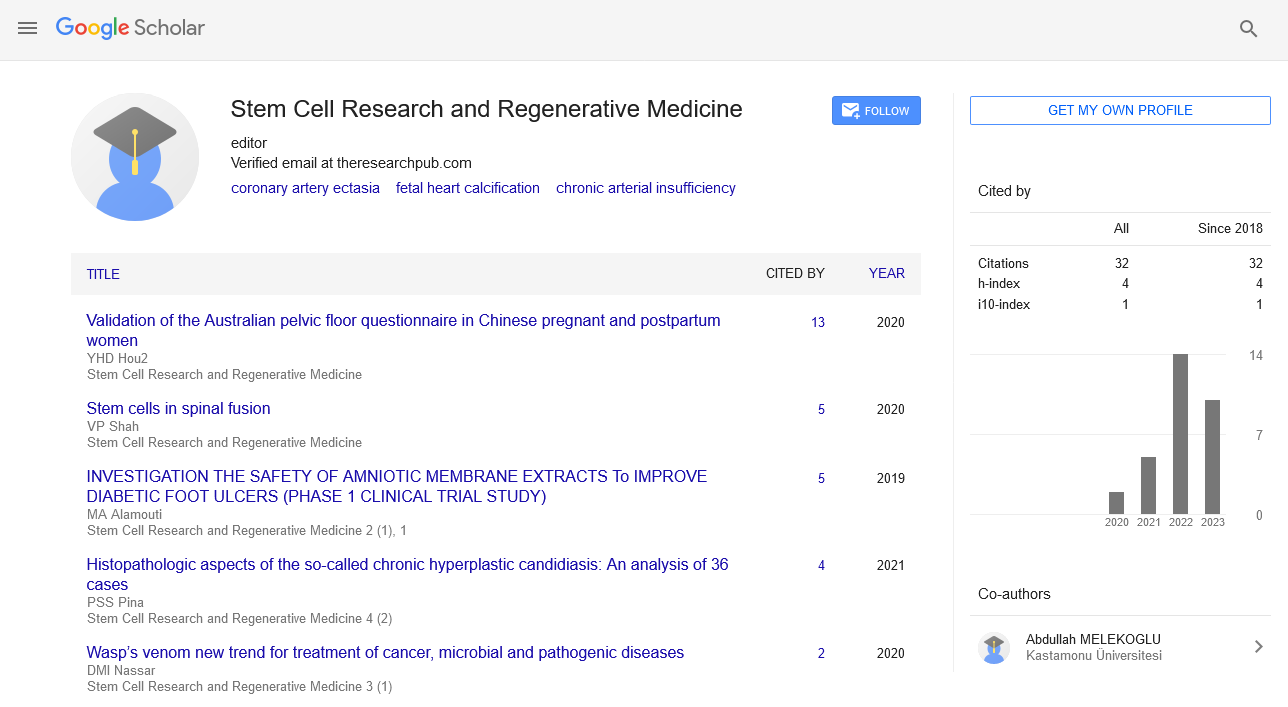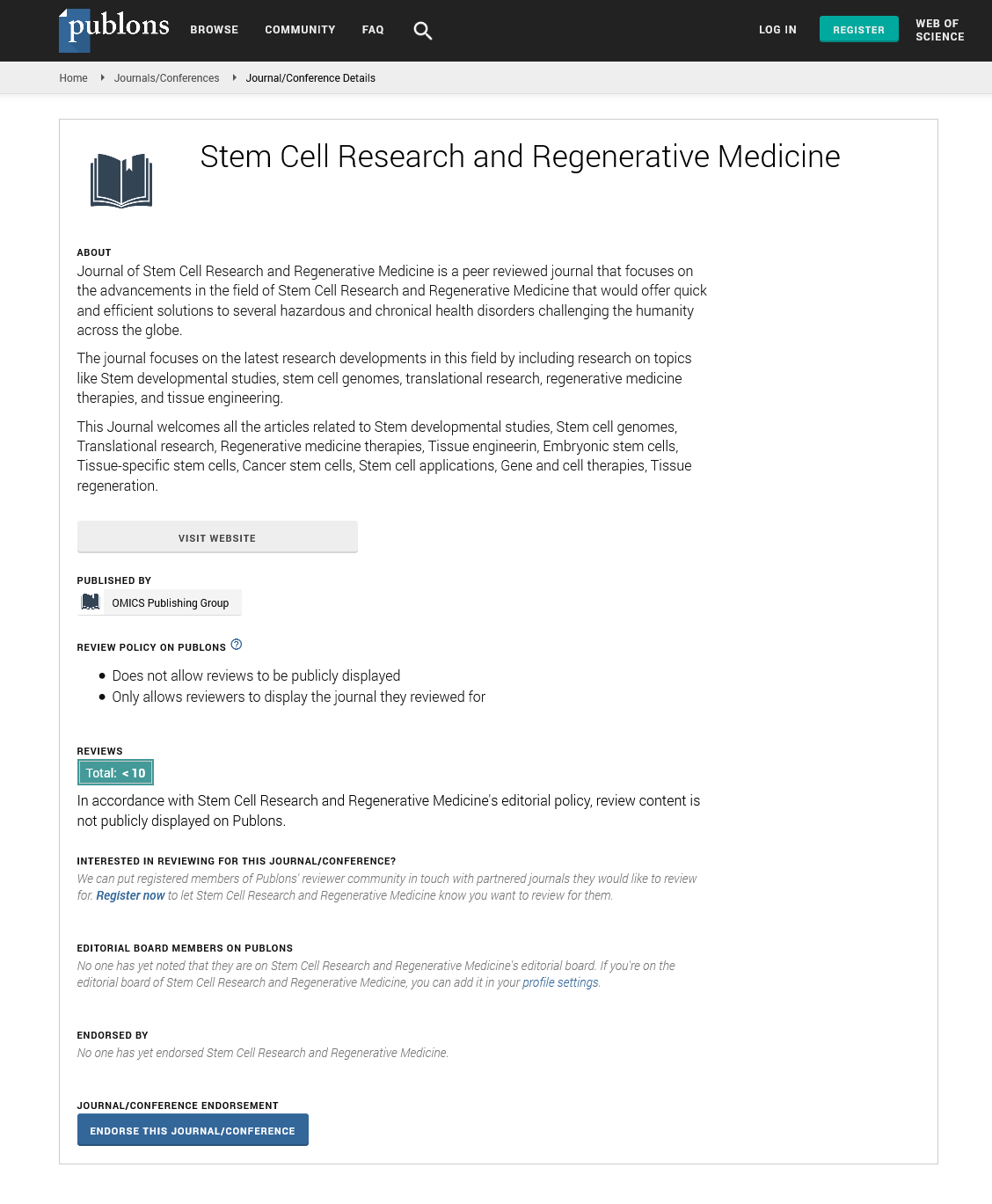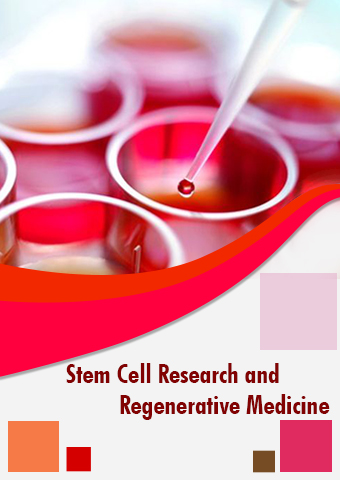Short Communication - Stem Cell Research and Regenerative Medicine (2020)
An assessment for diagnostic and therapeutic modalities for management of pediatric Iron defficiency Anemia in Saudi Arabia: a cross-sectional study
Hadi Jaber Al Sulayyim
Khobash General Hospital, Saudi Arabia
Abstract
Introduction: Iron deficiency anemia (IDA) is a global public health issue that alter more than 2 billion individuals worldwide. Nevertheless, evidence for optimal management of IDA is lacking.
Methods: To evaluate the diagnostic criteria and therapeutic modalities for pediatric IDA employed by physicians in a major public healthcare facility in Riyadh, a validated questionnaire containing demographic data and patient case-scenarios associated to diagnosis and treatment of IDA was employed. Robust regression analysis was utilized to identify factors associated with overall score of participants.
Results: Of the 166 physicians surveyed 147(88.6%) were encompassed in the study. Wide variability was observed in IDA diagnosis and therapy practices. For nutritional IDA, only 15.6% suggested no other laboratory tests in addition to CBC. The majority favoured treatment with ferrous sulphate (77.6%) separated into two doses (57.1%), but the total daily elemental iron doses varied widely from 2 to 6 mg/kg. For intravenous iron, 42.9% suggested iron dextran, 32.7% iron sucrose, and 13.4% would continue oral iron. Of all measured factors, median score was significantly highest in pediatric hematologists compared together with pediatricians, family medicine specialists and GPs; p = 0.007, and those work in tertiary care compared with those individuals in primary care; p = 0.043. However, in multivariate robust regression analysis, overall score was only significantly associated with professional qualification [pediatric hematologist β = 13.71,95%CI 2.48– 24.95, p = 0.017; pediatrician β = 1.77,95%C (− 6.05–9.59, p = 0.66; family medicine β =2.66,95%CI-4.30-9.58, p = 0.45 equated with general practitioner].
Conclusion: Wide variations exist among physicians in diagnosis and treatment of pediatric IDA. Intervention programs and national guidelines are urgently needed.
Biography
Hadi has completed his Master Degree in the specialty of Epidemiology and Biostatistics at the age of 29 years at King Saud bin Abdulaziz University for Health Sciences (KSAU-HS). He is the Assistant Hospital Director for Public Health and Director for Infection Prevention and Control at Khobash General Hospital, Najran, KSA. He is the reviewer in Central Board Accreditation for Healthcare Institution (CBAHI) in the regional supportive team.


